What are you looking for at Aqrani library?
-

Emily Fox Seton
Have you ever wondered what happened to Cinderella after she married the prince? Have you ever asked yourself if it was really "happy ever after?" Actually, in this Victorian melodrama, it's not. 35-years-old Emily Fox-Seton, quite penniless and a little lonely, saves herself from becoming an old maid by agreeing to a marriage proposal from the marquess of Walderhurst, thus becoming "one of the richest Marchionesses in England". She is naïve, kind and good. She doesn't believe that people are really willing to hurt her, but why are all these strange accidents happening? This novel is divided into 2 parts. The first, "The Making Of A Marchioness" tells about the odd courtship of Emily and lord Walderhurst. The second part, "The Methods of Lady Walderhurst", most of the book, tells what happens after… This adult fairy tale, which, by mistakes, becomes a realistic novel, is a captivating book.
-

Esmeralda
This book contains eighteen beautiful children's short stories by Frances Hodgson Burnett including M re Giraud's Little Daughter, Esmeralda and Little Saint Elizabeth In M re Giraud's Little Daughter, Laure is the favoured child, young and stunningly beautiful she is the pride and joy of her mother, and is envied by all in her small village in France.
-
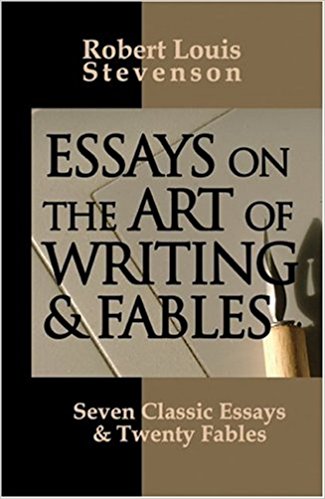
Essays On The Art of Writ...
A collection of essays about writing: "On some technical elements of style in literature", "The morality of the profession of letters", "Books which have influenced me", "A note on realism", "My first book: ‘Treasure Island’", "The genesis of ‘the master of Ballantrae’" & "Preface to ‘the master of Ballantrae’".
-
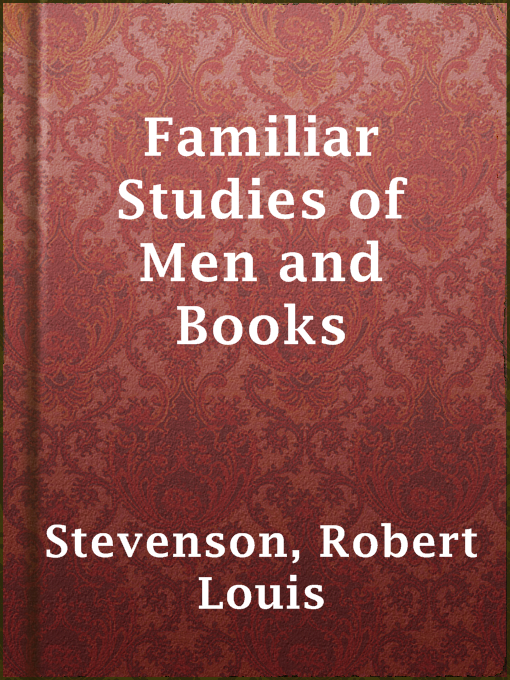
Familiar Studies of Men
Familiar Studies of Men and Books, by Robert Louis Stevenson (1882), is a collection of essays, remarkable for a certain youthful originality and daring in the expression of opinion. “In truth,” the author writes, “these are but the readings of a literary vagrant. One book led to another, one study to another. The first was published with trepidation. Since no bones were broken, the second was launched with greater confidence. So, by insensible degrees, a young man of our generation acquires in his own eyes a kind of roving judicial commission through the ages;… sets himself up to right the wrongs of universal history and criticism.” 1 This he does with his usual charm and gentleness, but not without exercising sturdy criticism, even at the risk of running full tilt against conventional opinion. In the essay on Thoreau he boldly intimates that the plain-living, high-thinking code of life, of which the Walden recluse was an embodiment, may lead a man dangerously near to the borderland of priggishness. He challenges Walt Whitman’s relations with the Muse of Poetry as illicit, but does full justice to the honest brain and the sweet heart back of the lumbering verse. For Villon, poet and scamp, he has no praise and little patience,—the scamp outweighing the poet.
-
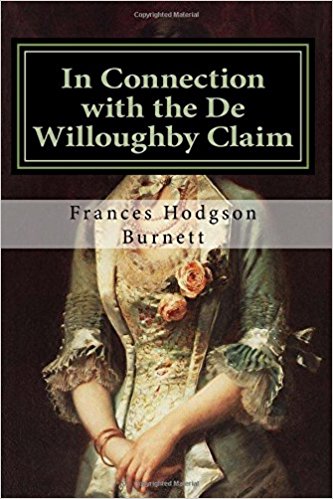
In Connection With the De...
"It is typically an American novel, which, in its subtle, tragic performance, lays a tremendous hold upon the reader's sympathies.... The striking originality of the plot, the intensely dramatic climaxes, and the low, sweet thrills of happiness which are in such direct contrast, give the book a weirdness and a fascination that are hard to shake off"--Boston Herald
-
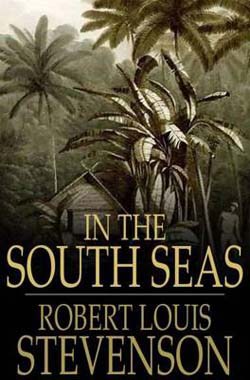
In the South Seas
The literary world was shocked when in 1890, at the height of his career, Robert Louis Stevenson announced his intention to settle permanently in Samoa. His readers were equally shocked when he began to use the subject material offered by his new environment, not to promote a romance of empire, but to produce some of the most ironic and critical treatments of imperialism in nineteenth-century fiction. In stories such as The Beach of Falesá, The Bottle Imp, and The Isle of Voices Stevenson shows himself to be virtuoso of narrative styles. This is the first collection to bring together all his shorter Pacific fiction in one volume and in it Stevenson emerges as a witness to the cross-cultural encounters of nineteenth-century imperialism and to the creation of the global culture which characterizes the post-colonial world.
-
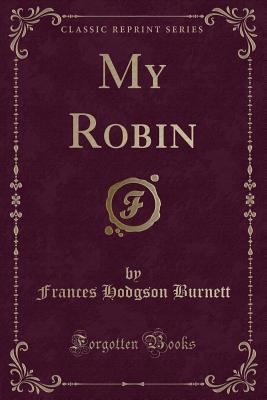
My Robin
Fans of Frances Hodgson Burnett's novel The Secret Garden will relish this charming anecdote that further expands upon the robin that features in that book. In response to a reader's letter, Burnett reminisces about her love of English robins -- and one in particular that changed her life forever.
-
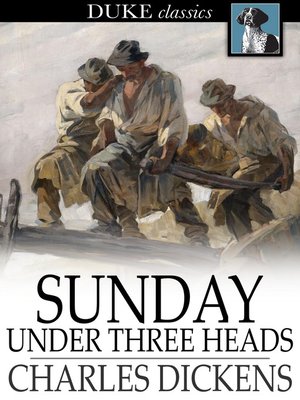
sunday under Three Heads
Charles Dickens is considered one of the greatest English authors of all time. Dickens often used the pen name Boz. Much of his work first appeared in periodicals and magazines in serialized form. Unlike many writers of his time Dickens wrote the entire novel before serializing it. He made frequent use of the cliffhanger to keep the public interested. Dickens talks of the joys of a quiet a Sunday afternoon and the pleasure derived from a day off for the working classes. The pampered aristocrat, whose life is one continued round of licentious pleasures and sensual gratifications; or the gloomy enthusiast, who detests the cheerful amusements he can never enjoy, and envies the healthy feelings he can never know, and who would put down the one and suppress the other, until he made the minds of his fellow-beings as besotted and distorted as his own; --neither of these men can by possibility form an adequate notion of what Sunday really is to those whose lives are spent in sedentary or laborious occupations, and who are accustomed to look forward to it through their whole existence, as their only day of rest from toil, and innocent enjoyment.
-

Ten Years Later
After The Three Muskateers and Twenty Years After the adventurous story of Athos, Porthos, Aramis and D'Artagnan continues! The Vicomte of Bragelonne: Ten Years Later (French: Le Vicomte de Bragelonne ou Dix ans plus tard) is the last of the Musketeer novels. It is usually divided into four volumes and this second volume contains chapters 76-140.
-
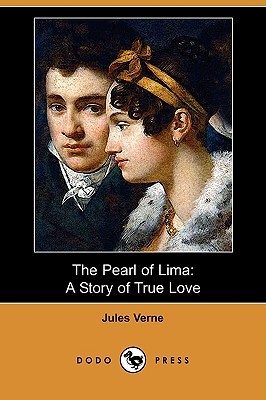
the pearl of lima
The Pearl of Lima" is a long short story (novella) by Jules Verne, written in 1851. It appeared in the Musée des familles from July 10 through August 11, 1852. The text was later revised and enlarged for publication in book form Among the subjects covered in The Pearl of Lima are anti-Semitism, the struggle for independence, miscegenation and the role of aristocracy in public affairs. It Has Different name of "Martin Paz"